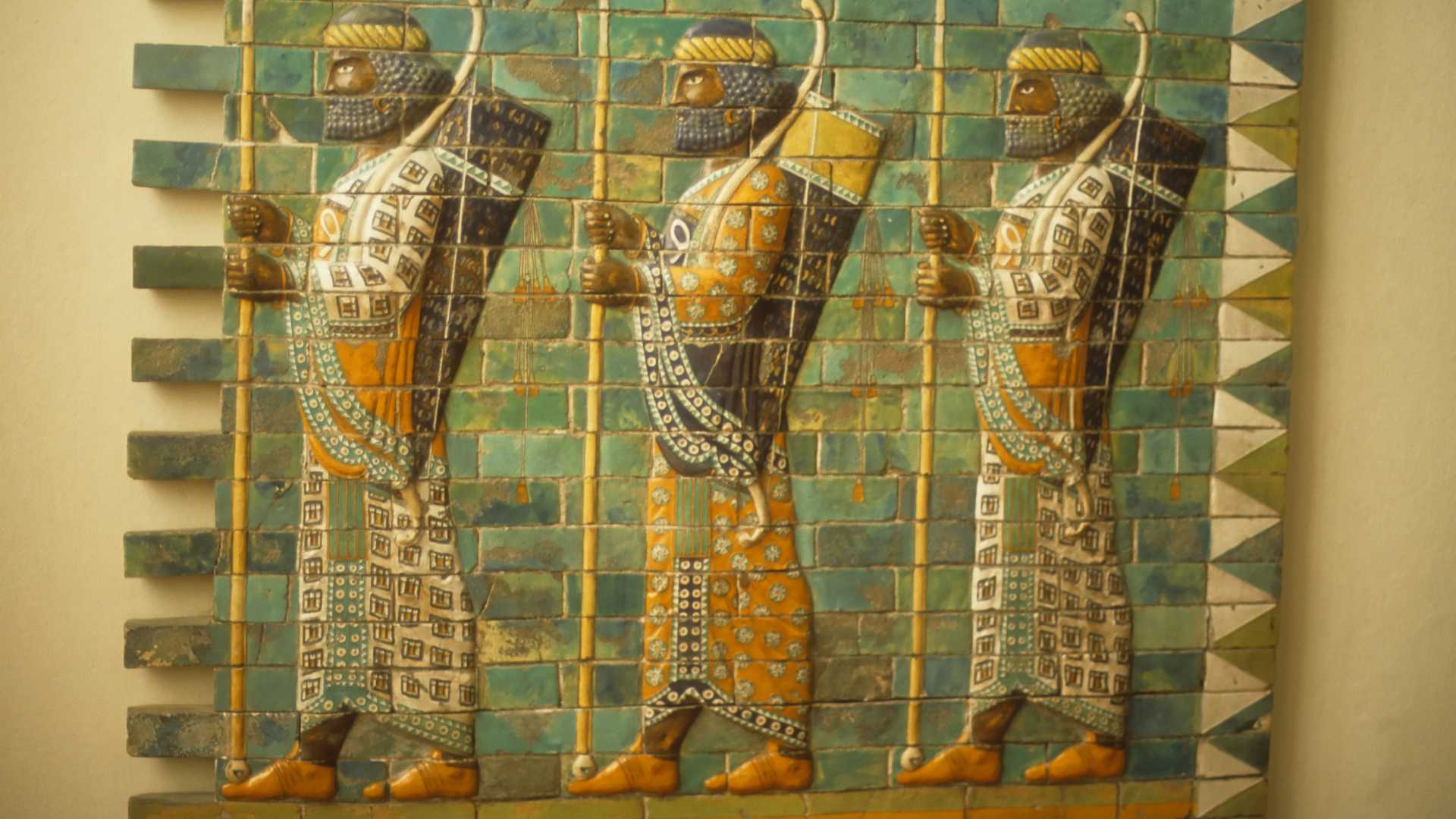Cassia, a significant element in biblical narratives, often stirs curiosity about its symbolic meaning in the scriptures. Let’s delve into the essence of cassia in the Bible, exploring its historical context and spiritual connotations.
The Historical and Spiritual Significance of Cassia
Cassia, mentioned in the Bible, is not just a mere plant but a symbol of value, trade, and sacredness. In Exodus 30:24, cassia is listed as one of the ingredients in the holy anointing oil, alongside myrrh, cinnamon, calamus, and olive oil. This blend was used for anointing priests and objects in the Tabernacle, signifying sanctification and divine appointment. The inclusion of cassia in this sacred oil highlights its importance and the high regard it held during biblical times.
Moreover, Ezekiel 27:19 references cassia as a traded commodity, indicating its economic value in ancient times. This aspect of cassia underscores its role in society, not just as a spiritual element but also as a valuable item in commerce and trade.
Cassia in Psalms: A Fragrance of Royalty and Worship
In Psalms 45:8, cassia’s fragrance is associated with royal garments, symbolizing honor, joy, and celebration. This psalm, often interpreted as a messianic prophecy or a royal wedding song, uses the aroma of cassia to depict the splendor and majesty of the king. The scent of cassia, thus, becomes a metaphor for the beauty and dignity of divine kingship.
Cassia: A Reflection of God’s Creation and Care
Cassia’s presence in the Bible also reflects the broader theme of God’s creation and His care for every detail in it. The meticulous instructions for the anointing oil, including specific measurements of cassia, demonstrate God’s attention to detail and the importance of following His guidance precisely.
Practical Applications: Embracing the Essence of Cassia Today
- Spiritual Anointing: Just as cassia was a key ingredient in the holy anointing oil, we can seek spiritual anointing in our lives. This involves dedicating ourselves to God’s service and seeking His blessing in our endeavors.
- Valuing God’s Creation: Cassia, as a natural element, reminds us to appreciate and care for God’s creation. It encourages us to be mindful of the environment and the resources we use.
- Celebrating Divine Majesty: The fragrance of cassia in royal garments can inspire us to celebrate God’s majesty in our worship and daily lives. It’s a call to recognize and honor the divine presence around us.
Related Questions and Answers from “Cassia in the Bible”
- What role does cassia play in biblical anointing rituals?
- Answer: In the Bible, cassia was a crucial component of the holy anointing oil, as described in Exodus 30:24. This oil, which also included myrrh, cinnamon, calamus, and olive oil, was used for consecrating priests and anointing objects in the Tabernacle, symbolizing sanctification and divine selection.
- How is cassia depicted in the context of commerce in the Bible?
- Answer: Cassia is mentioned in Ezekiel 27:19 as an item of commerce, highlighting its value in trade during biblical times. This indicates that cassia was not only spiritually significant but also held considerable economic importance.
- What does the fragrance of cassia symbolize in Psalms 45:8?
- Answer: In Psalms 45:8, the fragrance of cassia is associated with royal garments, symbolizing honor, joy, and the splendor of kingship. This metaphorical use of cassia’s aroma reflects the beauty and dignity of divine royalty and worship.
Conclusion
Cassia in the Bible is more than just a plant; it’s a symbol of sanctity, value, and divine splendor. Its presence in sacred rituals, royal imagery, and trade reflects its multifaceted significance in biblical times. Today, cassia invites us to seek spiritual anointing, value God’s creation, and celebrate His majesty, integrating these timeless principles into our modern lives.




